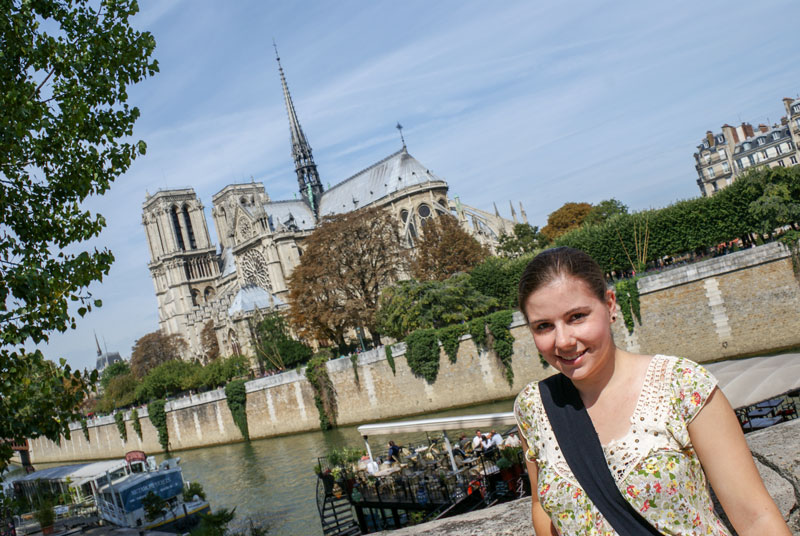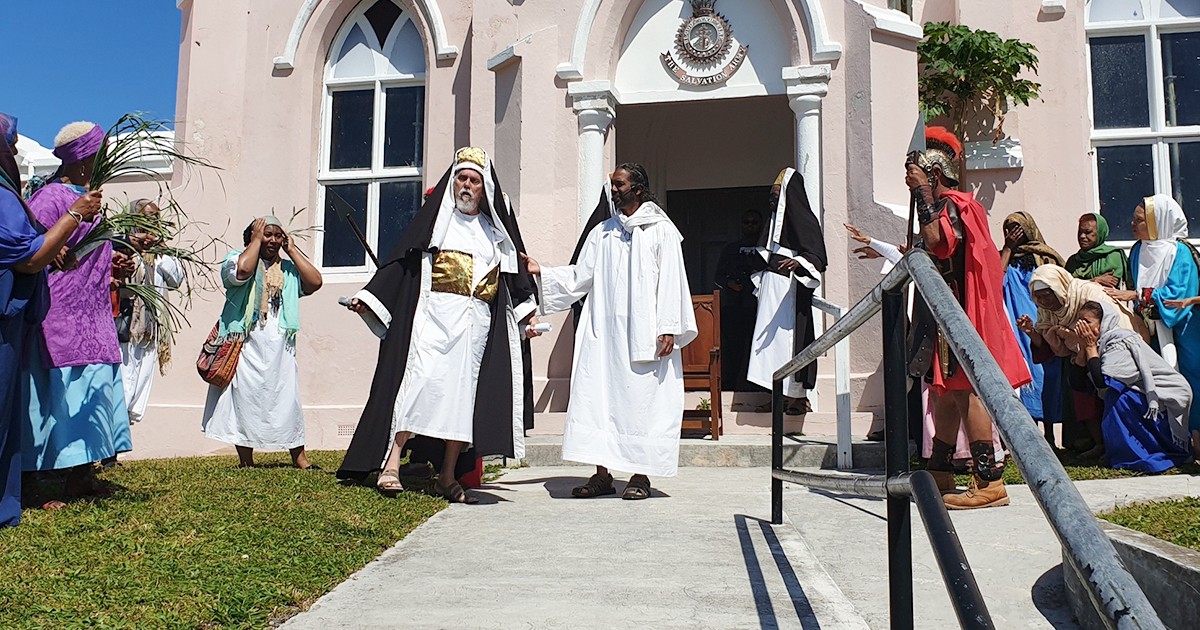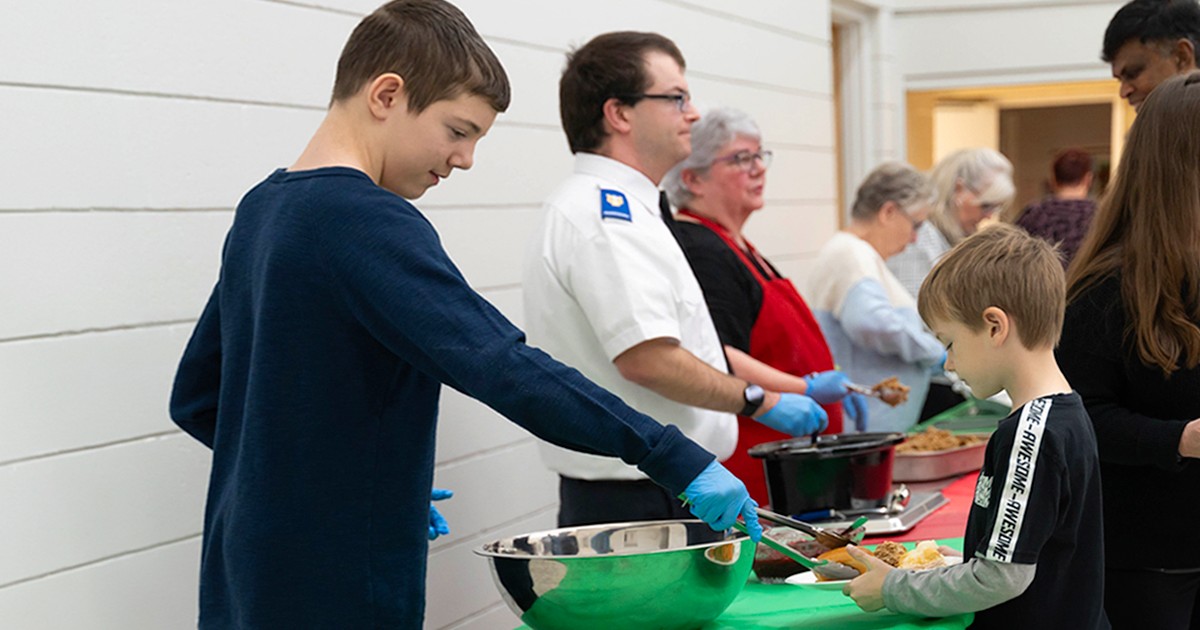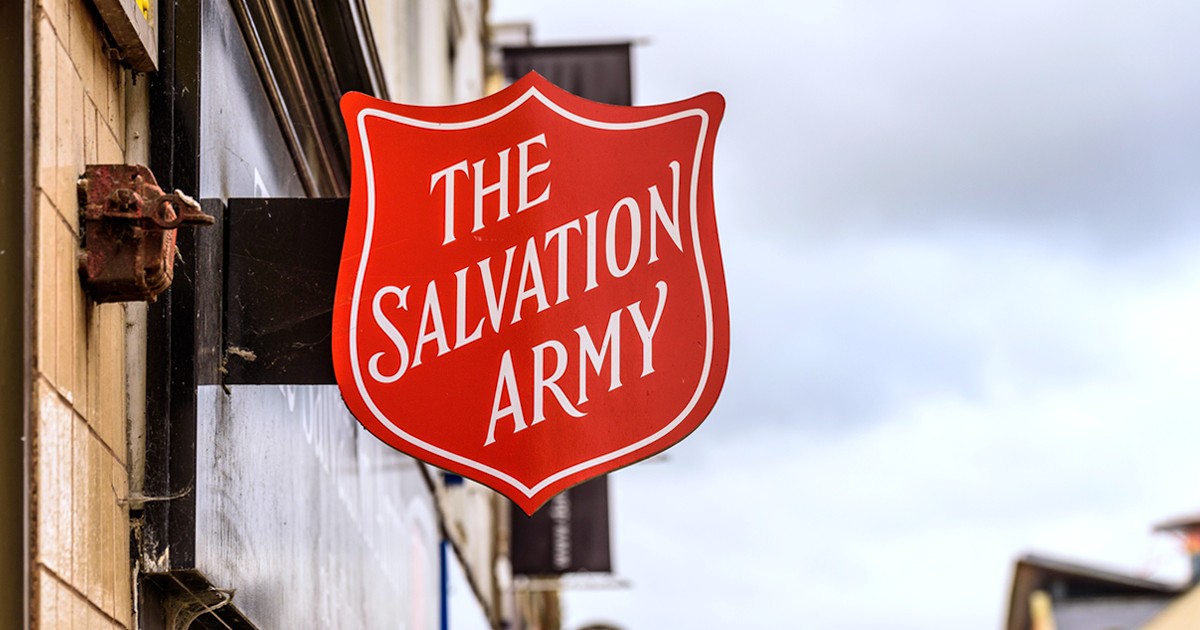It was the Monday afternoon of Holy Week, and people around the world sat glued to their TVs, computers and smartphones, watching a church burn.
As I write this, the day after Notre Dame caught fire, it is still too soon to know all that was saved and all that was lost. Reports say the wood roof that collapsed will never be the same; France doesn’t have large enough trees to procure the necessary beams. There are mixed reports on the state of the grand organ. It is still too soon to know if any of the rose windows are unscathed.
It’s heartbreaking. When I first heard that Notre Dame was burning, I was devastated. In some ways, it hit me harder than when I’ve heard of mass shootings or plane crashes. I wondered what was wrong with me. Had I become desensitized to human loss, or were my priorities sorely out of line?
But as I scrolled through my Facebook feed, I recognized that I was not alone. The response to this event was greater than it was to most other disasters in the past several years. Why did the destruction of Notre Dame affect us so strongly?
Perhaps it is because Notre Dame is famous. We cling to celebrity, even in the form of architecture, and grieve when that which is famous is taken from us.
Perhaps it is because Notre Dame is personal. Paris is a popular tourist destination, and many have visited the location themselves. I was fortunate enough to tour it in 2011, and even attended an organ concert during my visit. Memories flooded back as I watched the raw footage on my screen. Even if you haven’t been there in person, many can recall reading Victor Hugo’s The Hunchback of Notre Dame or watching the Disney adaptation, perhaps while curled up on a parent’s lap. When there is a personal connection, the loss is felt more poignantly.
Perhaps it is because Notre Dame is a symbol of our humanity. Built some 800 years ago, it has withstood the test of time, surviving not only through centuries of peace, but of revolution and war. Watching it fall feels like a blow to our story, our history. If Notre Dame can fall in a matter of hours, what does this mean for humanity in general?
Regardless of why the fire in Notre Dame captivated us, there is no denying that it united us all, even if just for a moment.
Is it possible that the church could unite us again?
On the night that Jesus was arrested, John writes that Jesus prayed for unity among Christians: “I pray also for those who will believe in me through their message, that all of them may be one, Father, just as you are in me and I am in you” (John 17:20-21).
It is a prayer that has yet to be answered.
There is more divisiveness in the church and in the world than there ever has been before. Contrasting views on sexual orientation, gender roles, medical assistance in dying, politics and countless more issues divide and create conflict, whether real or perceived. Theological differences cause rifts between denominations. Worship styles cause rifts between generations.
And yet, when the dust settled and a golden cross emerged, preserved among the ashes on Notre Dame’s altar, the Christian community as a whole breathed a sigh of relief. Looking forward to Good Friday and Easter Sunday, we were united as we looked to the cross and remembered that Jesus took our sins upon himself, putting them to death so that we might have life, “for all have sinned and fall short of the glory of God, and all are justified freely by his grace through the redemption that came by Christ Jesus” (Romans 3:23-24).
Notre Dame united us for a moment, but Jesus’ atonement can unite us for eternity—and that’s even better.
Captain Laura Van Schaick is the women’s ministries program and resource officer.
As I write this, the day after Notre Dame caught fire, it is still too soon to know all that was saved and all that was lost. Reports say the wood roof that collapsed will never be the same; France doesn’t have large enough trees to procure the necessary beams. There are mixed reports on the state of the grand organ. It is still too soon to know if any of the rose windows are unscathed.
It’s heartbreaking. When I first heard that Notre Dame was burning, I was devastated. In some ways, it hit me harder than when I’ve heard of mass shootings or plane crashes. I wondered what was wrong with me. Had I become desensitized to human loss, or were my priorities sorely out of line?
But as I scrolled through my Facebook feed, I recognized that I was not alone. The response to this event was greater than it was to most other disasters in the past several years. Why did the destruction of Notre Dame affect us so strongly?
Perhaps it is because Notre Dame is famous. We cling to celebrity, even in the form of architecture, and grieve when that which is famous is taken from us.
Perhaps it is because Notre Dame is personal. Paris is a popular tourist destination, and many have visited the location themselves. I was fortunate enough to tour it in 2011, and even attended an organ concert during my visit. Memories flooded back as I watched the raw footage on my screen. Even if you haven’t been there in person, many can recall reading Victor Hugo’s The Hunchback of Notre Dame or watching the Disney adaptation, perhaps while curled up on a parent’s lap. When there is a personal connection, the loss is felt more poignantly.
Perhaps it is because Notre Dame is a symbol of our humanity. Built some 800 years ago, it has withstood the test of time, surviving not only through centuries of peace, but of revolution and war. Watching it fall feels like a blow to our story, our history. If Notre Dame can fall in a matter of hours, what does this mean for humanity in general?
Regardless of why the fire in Notre Dame captivated us, there is no denying that it united us all, even if just for a moment.
Is it possible that the church could unite us again?
On the night that Jesus was arrested, John writes that Jesus prayed for unity among Christians: “I pray also for those who will believe in me through their message, that all of them may be one, Father, just as you are in me and I am in you” (John 17:20-21).
It is a prayer that has yet to be answered.
There is more divisiveness in the church and in the world than there ever has been before. Contrasting views on sexual orientation, gender roles, medical assistance in dying, politics and countless more issues divide and create conflict, whether real or perceived. Theological differences cause rifts between denominations. Worship styles cause rifts between generations.
And yet, when the dust settled and a golden cross emerged, preserved among the ashes on Notre Dame’s altar, the Christian community as a whole breathed a sigh of relief. Looking forward to Good Friday and Easter Sunday, we were united as we looked to the cross and remembered that Jesus took our sins upon himself, putting them to death so that we might have life, “for all have sinned and fall short of the glory of God, and all are justified freely by his grace through the redemption that came by Christ Jesus” (Romans 3:23-24).
Notre Dame united us for a moment, but Jesus’ atonement can unite us for eternity—and that’s even better.
Captain Laura Van Schaick is the women’s ministries program and resource officer.










Comment
On Monday, August 12, 2019, Brian DeBoer said:
Leave a Comment